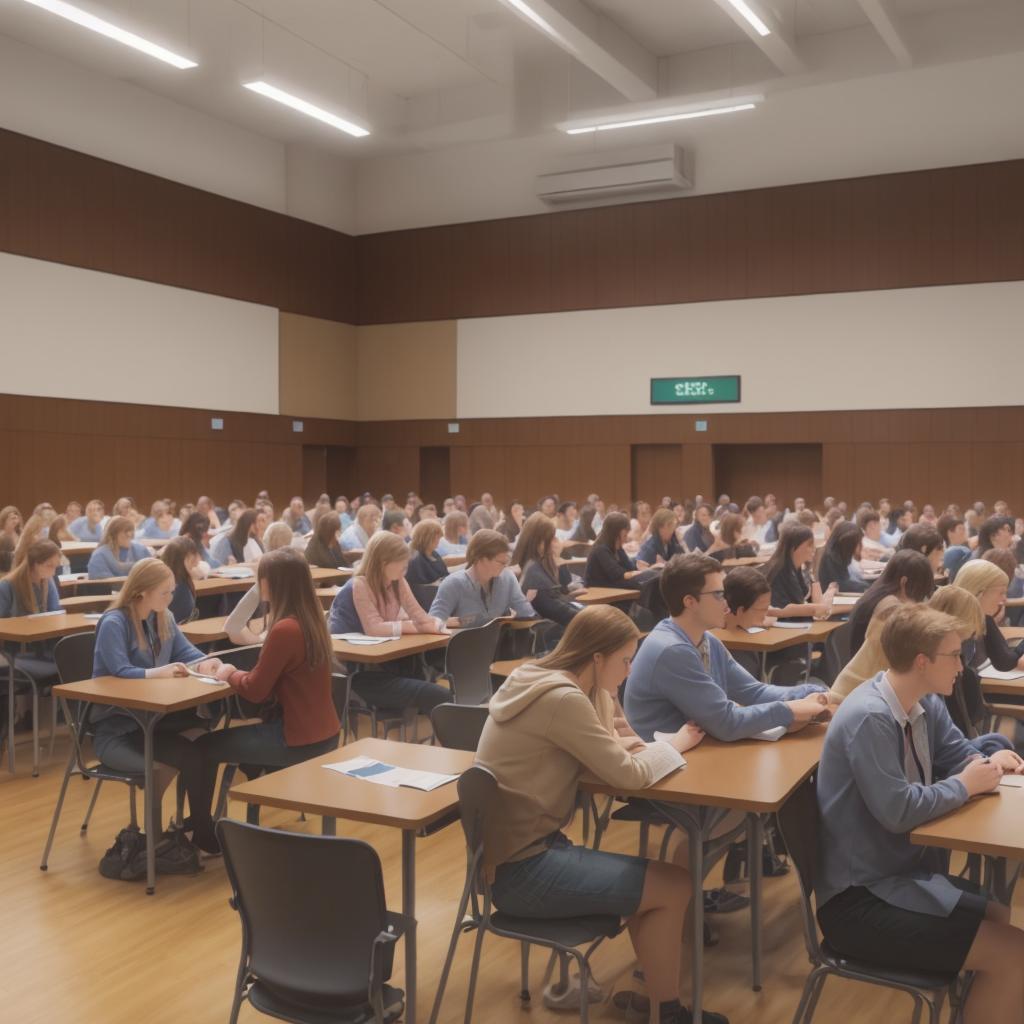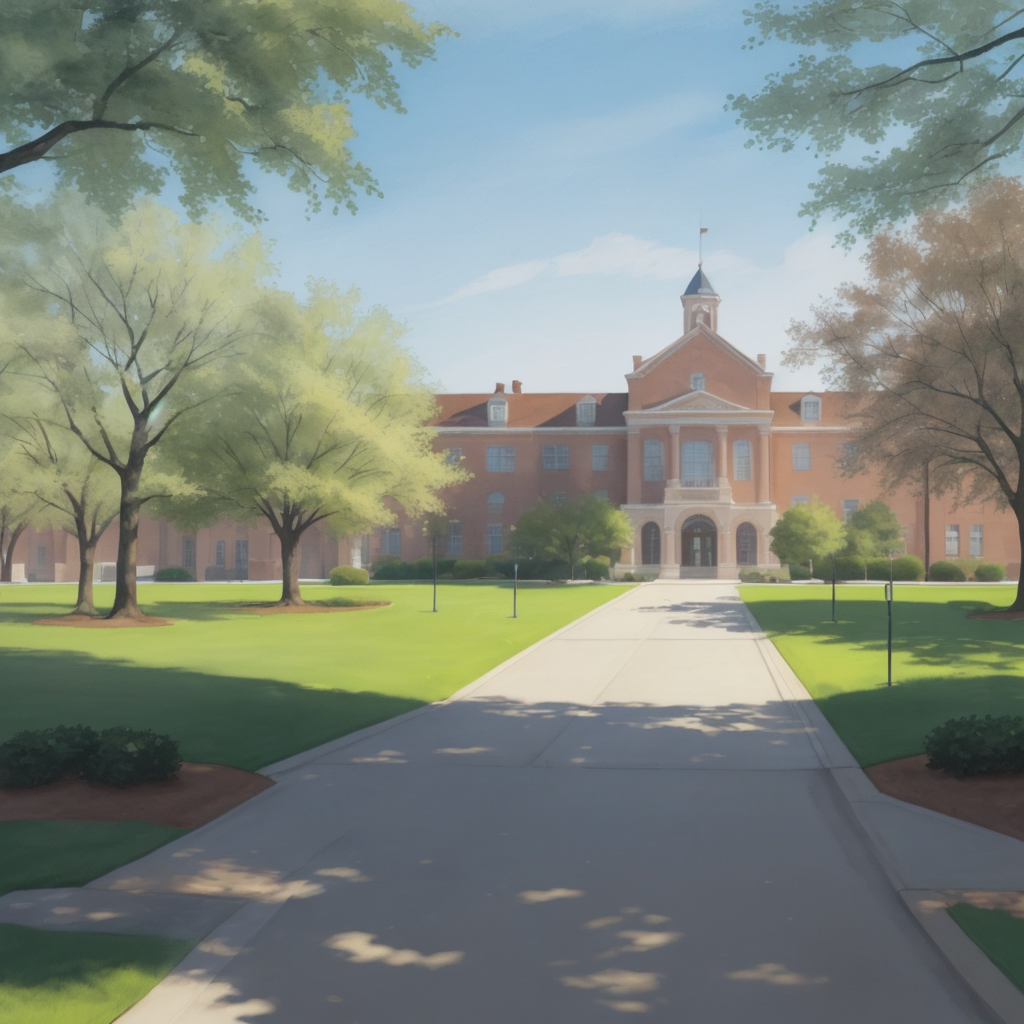How Do Physical Education Degrees Prepare Students for Future Careers?
Embarking on a journey towards a physical education degree is not just about learning to teach sports or physical activities. It’s about shaping future generations to lead healthier, more active lives. Whether you’re aiming to inspire young minds in schools or guide community health initiatives, a degree in physical education equips you with the essential tools and knowledge.
From mastering the art of effective communication to understanding the intricacies of human health and physical standards, these programs are designed to mold educators and leaders. You’ll dive deep into the strategies for implementing national and state health education standards, ensuring your readiness to thrive in diverse learning environments. Let’s explore how these degrees pave the way for a fulfilling career in physical education.
Overview of Physical Education Degrees
When you decide to pursue a degree in physical education, you’re setting yourself on a path to influence the health and fitness of future generations. This degree isn’t just about learning how to teach sports or fitness exercises; it’s a comprehensive program that blends theory with practical application. You’ll gain a deep understanding of human physiology, nutrition, and the psychological aspects of sports and physical activity. This knowledge equips you to promote a healthy lifestyle among students of all ages.
Physical education degrees are structured to provide a solid foundation in the science of movement and health. Your coursework will cover a wide range of subjects, including anatomy and physiology, which are crucial for understanding the body’s responses to exercise. You’ll also delve into the psychology of sports, learning how to motivate students and foster a positive attitude towards physical activity. Courses in health education emphasize the importance of a balanced diet and regular exercise in maintaining a healthy lifestyle.
Practical experience is a cornerstone of most physical education programs. You’ll have the opportunity to apply your theoretical knowledge in real-world settings, teaching physical activities in schools and community centers. This hands-on experience is invaluable, allowing you to refine your teaching methods and adapt to the needs of diverse groups of students. Through student teaching placements in schools like MS 51 and New Utrecht Murrow and Goldstein high schools, you’ll gain the skills needed to create engaging, inclusive, and effective physical education programs.
To tailor your education to your career goals, physical education degrees often offer specialization areas such as Sport Pedagogy and Physical Education Teaching. For instance, coursework in the Physical Education Teaching track may include:
- PET 487: Student Teaching Elementary K-5 Physical Education
- PET 488: Student Teaching Secondary Physical Education
- PET 489: Student Teaching Seminar
These courses are designed to prepare you for the challenges of teaching physical education to elementary and secondary students, ensuring you’re ready to make a positive impact in the field of education.
Curriculum of Physical Education Programs

When diving into a physical education degree, the curriculum is designed to arm you with the foundational knowledge and hands-on experience needed to excel in teaching and promoting physical activity and health. Let’s break down the core aspects and elective opportunities within these programs.
Core Courses
In the core courses of a physical education program, you’ll explore a range of subjects essential for a comprehensive understanding of physical education and health. Foundation coursework lays the groundwork, introducing you to human anatomy, physiology, motor skills development, and the impact of physical activity across the lifespan. This segment ensures you grasp the basic scientific principles behind movement and physical fitness.
You’ll delve into Professional Coursework, touching on effective teaching strategies and adapted physical education, which tailors learning experiences for individuals with disabilities. The focus here broadens to teaching team and individual sports, integrating technology in sports education, and delivering school-based physical activity. Core courses paint a broad stroke of what to expect and prepare you for specialized areas in physical education. Noteworthy, the requirement to complete student teaching placements offers you a real-world perspective, enabling you to apply theoretical knowledge in practical settings.
Elective Courses
Moving beyond the core requirements, elective courses provide the space to tailor your education to your specific interests within physical education. You can opt for courses like PET 349 – Health-Optimizing Physical Education, which emphasizes health-related fitness and curriculum development for K-12 programs, or PET 350 – Teaching Primary Physical Education, focusing on engaging young learners in physical activity.
For those inclined towards a more specialized path, concentrations in Physical Education Teaching and Sport Pedagogy present courses such as PET 487 – Student Teaching Elementary K-5 Physical Education, and PASS 300 – Career Exploration in Physical Activity and Sport Sciences. These electives not only enhance your knowledge in specific areas but also increase your employability by broadening your expertise.
By offering a mix of foundational knowledge and flexible elective choices, physical education programs ensure you’re well-equipped to foster a love for physical activity among students and encourage a healthier, more active lifestyle. Whether your passion lies in direct teaching, curriculum development, or the broader scope of sport science, the curriculum of physical education programs offers a diverse pathway to achieving your career goals.
Practical Training and Internships

In the journey to become a skilled health and physical educator, practical training and internships serve as the cornerstone of your educational experience. These critical components bridge the gap between theoretical knowledge and real-world application, ensuring you’re not just ready but confident to step into the professional world.
Student Teaching Placements are an integral part of physical education degree programs. With courses like PET 487, PET 488, and PET 489, you are required to engage in hands-on teaching experiences across a variety of age groups, from kindergarten through 12th grade. This exposure to diverse educational settings allows you to apply your knowledge of physical education and health in actual classrooms, honing your teaching strategies and management skills. It’s a transformative phase where you transition from student to teacher, having a direct impact on your pupils’ physical fitness, health, and overall well-being.
Furthermore, Sport Pedagogy tracks within physical education degrees emphasize the study and application of teaching methods in sports and physical activity. Courses like PASS 300 and PASS 489 are crafted to deepen your understanding of sports science while simultaneously engaging you in capstone experiences that challenge your ability to innovate and lead in physical activity and sport sciences.
Electives and specialized courses offer additional tailored learning opportunities. Whether it’s health-related fitness, sports coaching, or adapted physical education, these courses allow you to pursue your specific interests within the wide spectrum of physical education. Alongside theoretical knowledge, elective courses often include practical components where you can test and refine your skills in real-life scenarios, further preparing you for a diverse range of career paths in the field.
By integrating these practical training and internship opportunities, physical education degrees don’t just prepare you academically—they provide the platform for you to gain invaluable experience, network within the community, and ultimately, shape the future of fitness and health education.
Career Opportunities for Physical Education Graduates

When you’re venturing into the world with a degree in physical education, the vast array of career options available might surprise you. Physical education isn’t just about teaching gym class; it’s a versatile degree that opens doors to numerous paths in the health, fitness, and education sectors. Whether your passion lies in directly impacting youth through education or steering towards the broader scope of sports management and fitness training, the spectrum of career possibilities is wide and promising.
Firstly, the obvious route is becoming a K-12 Physical Education Teacher. With courses like PET 487, PET 488, and PET 489 under your belt, you’re well-equipped to inspire young minds towards a healthier and more active lifestyle. This role doesn’t only confine you within the walls of a gymnasium; it positions you as a pivotal figure in promoting student health, well-being, and lifelong fitness habits.
For those intrigued by the behind-the-scenes of sports and physical activity, a career in Sport Pedagogy might be the right fit. Here, you could find yourself developing curriculums, conducting research, or becoming a consultant for educational and sports organizations. The required courses, including PASS 300 and PASS 489, prepare you for these innovative roles by blending theory with practical learning experiences.
Venturing further, the degree opens up opportunities in Sports Coaching, Fitness Training, and even Adapted Physical Education for individuals with special needs. These roles require a deep understanding of physical capabilities and strategies to promote inclusivity and engagement in physical activities across different populations.
Moreover, involvement in extracurricular activities, like the Physical Education Teaching Club, not only enhances your resume but also equips you with additional skills needed in the competitive job market. From engaging in training sessions to volunteering in local afterschool programs, these experiences prepare you for real-world challenges and networking opportunities.
It’s clear, a physical education degree does much more than prepare you to teach gym class. It lays the groundwork for a fulfilling career path in multiple sectors, empowering you to make a significant impact in promoting health and fitness across all ages.
Conclusion
Earning a degree in physical education opens doors to a world of opportunities far beyond the traditional gym class setting. With specialized knowledge in Sport Pedagogy, coaching, fitness training, and Adapted Physical Education, you’re well-equipped to make a significant impact in various health and fitness roles.
Practical experiences and extracurricular involvement, like participating in the Physical Education Teaching Club, further prepare you to inspire and guide individuals across different populations towards a healthier lifestyle. Embrace the journey ahead, knowing you’re ready to tackle the diverse challenges and rewards that come with a career in physical education.



